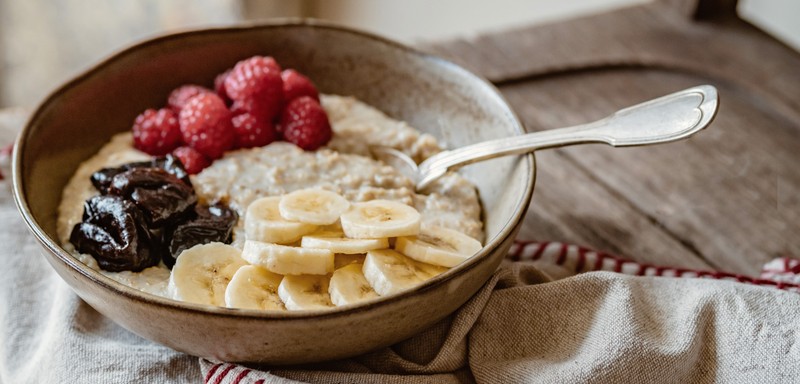
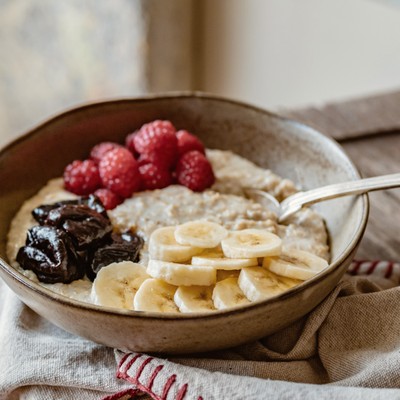
The Health-Boosting Fibre You Should Be Eating More Of
What exactly is beta glucans?
“Beta glucans is a type of fibre thought to have many health-giving properties. Found in the cell walls of several plant species, it’s an excellent source of soluble fibre, a type of fibre that dissolves in water during the digestive process. Because of their high prebiotic fibre content, beta glucans helps to slow the emptying of the stomach during digestion, which means food can be broken down more effectively – more nutrients can be absorbed and blood sugar enters the bloodstream at a more measured rate, as opposed to causing a sugar spike. Beta glucans also provides an excellent source of fuel for the good bacteria in our gut – our gut microbiome.” – Dr Caitlin Hall, chief dietitian and head of clinical research at Myota
So, what are the benefits?
“Beta glucans has many positive effects on our health:
- Reduces Cholesterol: Studies have shown increasing beta glucans in the diet of those with mildly elevated cholesterol levels results in a significant reduction in LDL ‘bad’ cholesterol as well as lowered total cholesterol, and increased HDL ‘good’ cholesterol.
- Helps Control Blood Sugar: Beta glucans lowers insulin resistance. In fact, Diabetes.org.uk recommends beta glucans specifically for diabetics for better blood sugar control.
- Supports Immunity: It has been shown to have antimicrobial properties against bacteria and viruses, boosting your body’s natural defences. One study showed that people aged 50 to 70 who took beta glucans daily had fewer upper respiratory tract infections.
- Protects Against Cancer: It also has a protective role in the development of cancer cells. In some studies, it has been used as an adjuvant to chemotherapy. In one study of women undergoing chemotherapy for breast cancer, 20mg per day of beta glucans was shown to improve quality of life.
- Keeps You Fuller For Longer: By delaying the rate at which food leaves your stomach, an increased intake of beta glucans helps control hunger and increases satiety.
- Offers Antioxidant Protection: Every day, each cell in the body requires oxygen. As part of this process of oxidation, by-products are produced, which can disrupt cellular activity. Beta glucans is a powerful antioxidant, proven to neutralise free radicals.
- Builds Strong Bones: Post-menopause, women lose 20% of their bone density. Beta glucans inhibits bone loss and promotes the formation of new bone.” – Dr Deborah Lee, GP at Dr Fox Online Pharmacy
Where can you find beta glucans?
“The best food sources are mushrooms, nutritional yeast, whole grains like oats, wheat and barley, and seaweed. A dose of 3g per day is associated with health benefits. Barley is one of the richest sources with around 2.5g per one cup of cooked barley; oats are a close second, with around 2g per cup of cooked oats. Nutritional yeast, meanwhile, is an easy and tasty way to top up your levels, with two tablespoons providing 0.5g. Algae, seaweed and medicinal mushrooms like reishi also contain beta glucans, but specific levels depend on variety and where they come from. Start your day with a bowl of porridge; for lunch try a miso noodle soup with shiitake mushrooms, kelp and seaweed; and for supper, make a beef and barley stew, or sprinkle nutritional yeast over grains and cooked vegetables. It’s worth noting that one bowl of porridge or cooked barley provides the optimal daily amount of beta glucans.” – Clarissa Berry, nutritionist at DIRTEA
Will eating more fibre in general also help?
“Yes – you should aim for 30g of fibre per day. It’s more important to focus on getting enough fibre in general, rather than focusing too specifically on beta glucans as other types of fibre also have health benefits. If you eat a Mediterranean-style diet – rich in vegetables, fruit, wholegrains, healthy fats, lean meat, fish and eggs – you’re probably eating around 33g of fibre daily. Some fruits and vegetables are particularly high in beta glucans – beans, peas, lentils, broccoli, sweet potato, aubergine, apples, strawberries and prunes. Simple tips for adding fibre to the diet – including beta glucans – include eating more plant-based meals, aiming for two vegetarian meals per week; getting into the habit of adding lentils and beans to casseroles and stews; sprinkling nuts and seeds onto fruit and yoghurt; and always eating fruit and vegetables with their skins on.” – Deborah
What about supplements?
“As beta glucans can easily be obtained through the diet, it’s best to take a food-first approach, but if you are going through the menopause, it could be worth topping up your levels with a supplement. Due to its positive effects on heart health, cholesterol levels, blood sugar control, digestive health and weight management, a beta glucans supplement is a positive addition to a supplement routine later in life – look for a formula that contains 100-250mg per dose.” – Hannah Macey, lead nutritionist at Feel Complete
What should you be looking for in a supplement?
“Most beta glucans supplements are derived from brewer’s years, shiitake mushrooms, maitake mushrooms, seaweed, oats or barley. Always read the label and buy from a reputable pharmacy. My top picks include Pharma Nord Bio-Glucan Plus, a high-strength formula that also contains vitamin D and selenium for added immunity support; and Nature’s Best Beta Glucans.” – Deborah
“A powder is an easy way to take a supplement – it can be added to smoothies, stirred into yoghurt or sprinkled on your morning muesli. It can even be added to tea and coffee. Myota’s Prebiotic Fibre Mixes are the only patented blends on the market to contain a complete source of beta glucans. They’ve been formulated using over a decade of research and have been proven to support the gut microbiome. Myota is also the only fibre supplement working with the NHS on clinical trials.” – Caitlin
For more information visit MyotaHealth.com, DoctorFox.co.uk, DIRTEAWorld.com and FeelComplete.com
Shop The Products To Help Increase Your Intake Of Beta Glucans
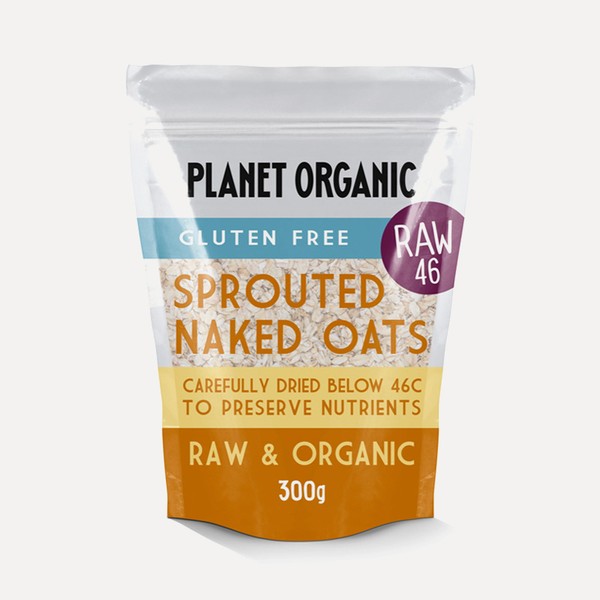
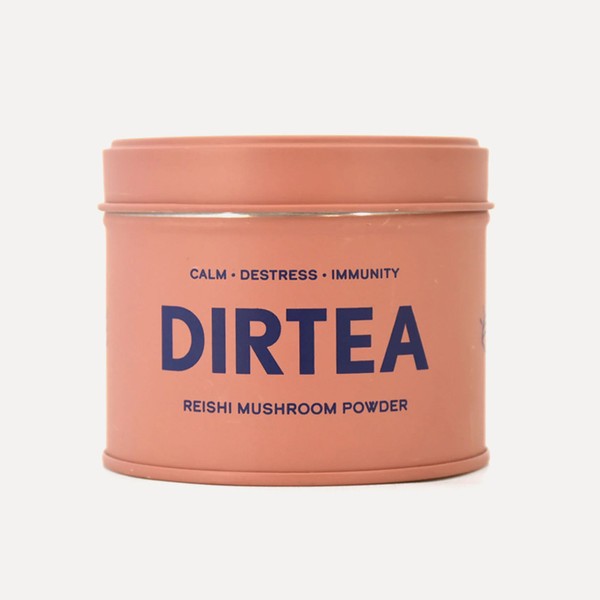
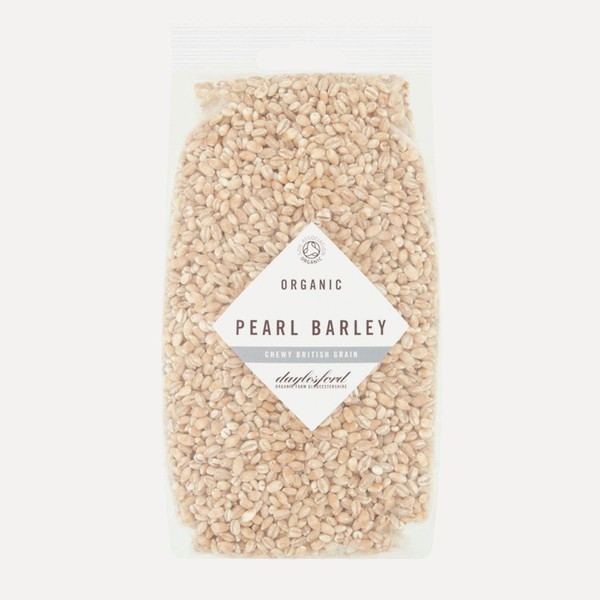
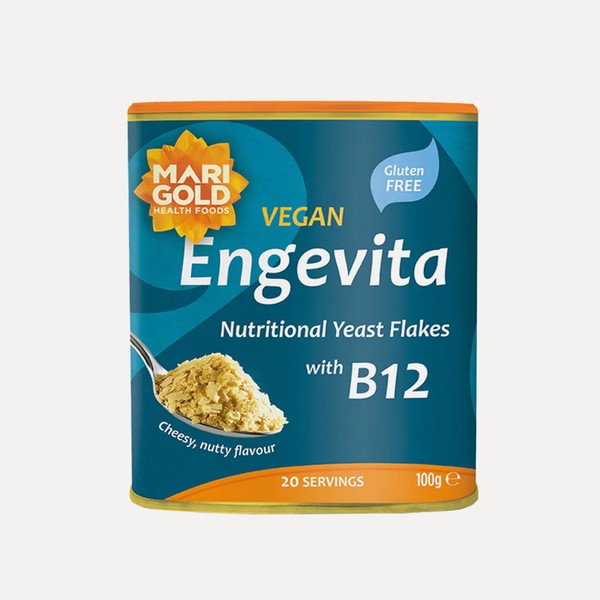
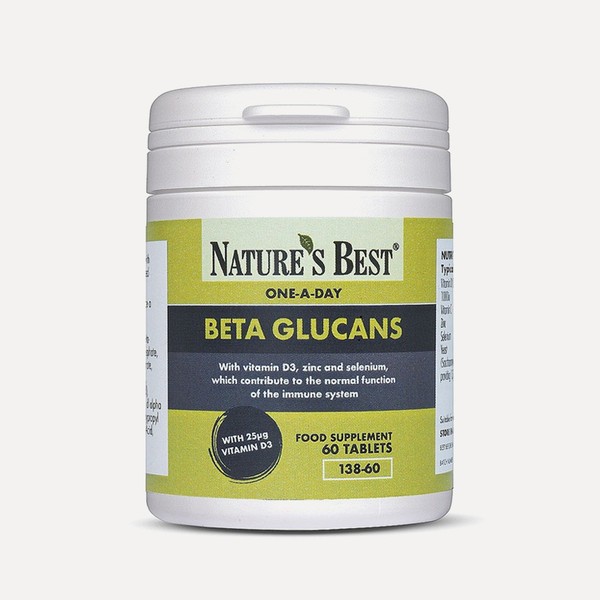
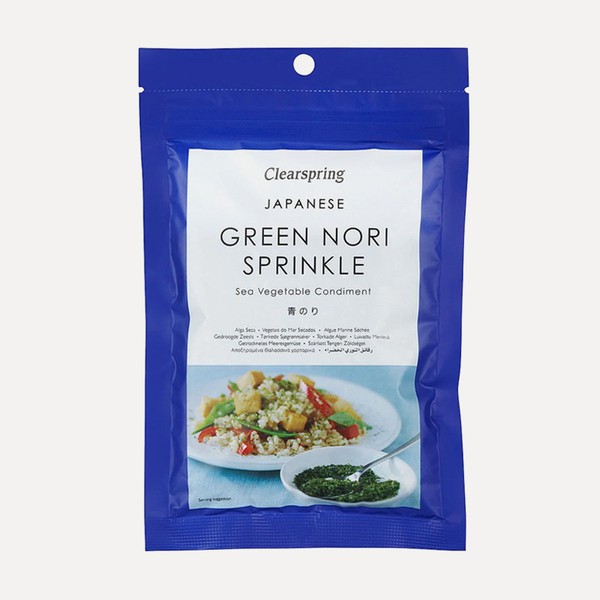
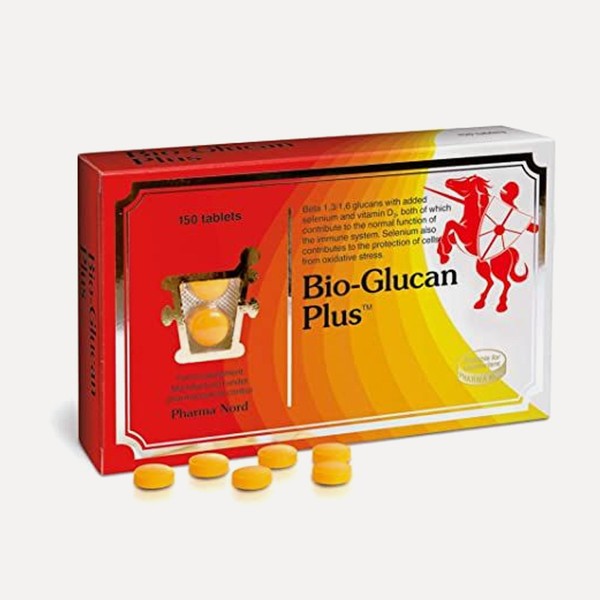
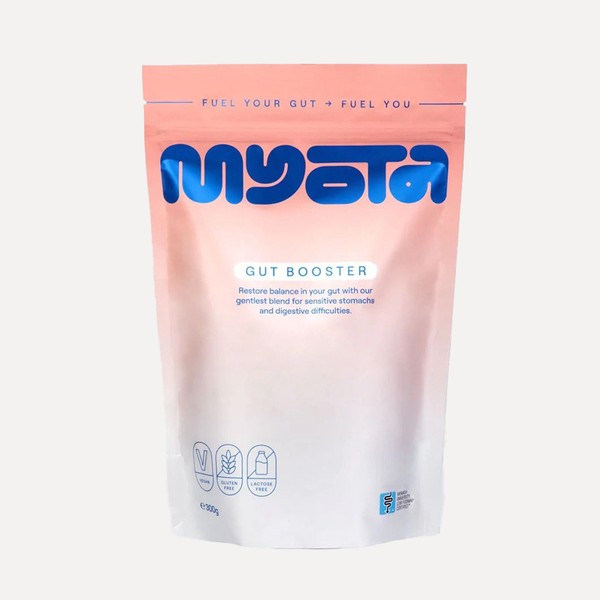
DISCLAIMER: Features published by SheerLuxe are not intended to treat, diagnose, cure or prevent any disease. Always seek the advice of your GP or another qualified healthcare provider for any questions you have regarding a medical condition, and before undertaking any diet, exercise or other health-related programme.
DISCLAIMER: We endeavour to always credit the correct original source of every image we use. If you think a credit may be incorrect, please contact us at info@sheerluxe.com.

